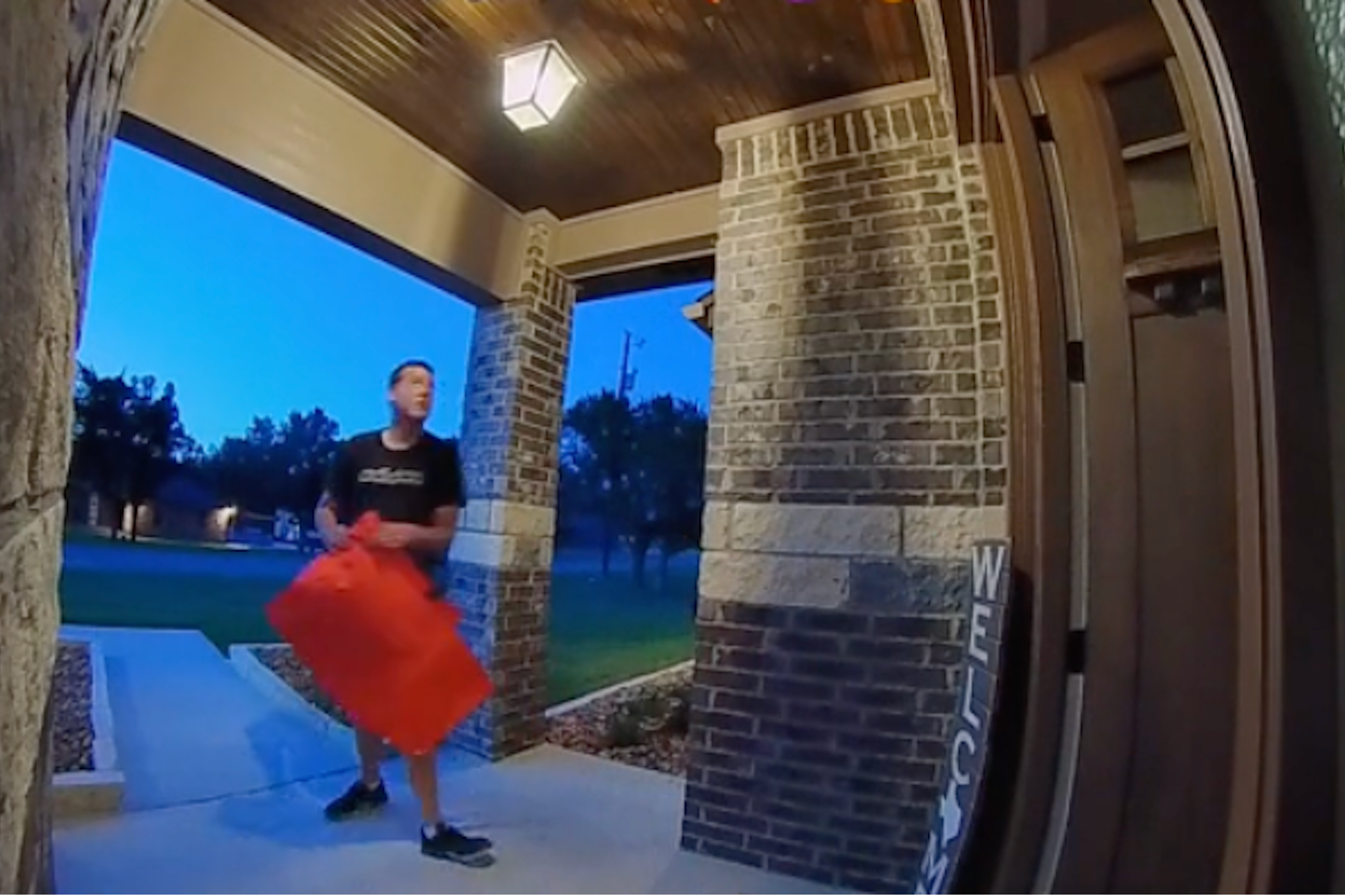How to Start a Consulting Business: 3 Steps to Finding Your IdeaGain the clarity and confidence to turn your experience into profit.
ByTerry Rice•
Would you like to start a consulting business, but aren't exactly sure where to start?
With so many options it can be challenging to pinpoint what service to offer, and to which audience. You may have heard the phrase "the riches are in the niches" but also don't want to miss out on an opportunity to generate revenue from anyone who's willing to pay you. But, think about it this way; if you were looking for a business development consultant, would you want to work with someone who also mentioned their expertise in travelandhome decorandlawn care managementandcryptocurrencyinvesting?
While it can be tempting to cast a wide net, every "and" you add to your service or audience description decreases the impact by half. As with any business, your services will evolve over time, but here's a three-step process to get you started.
Related:Learn how to package, price, and promote your consulting services.
Step 1: Take a self-inventory
Lack of confidence will tank your business before you even get started. So, let's get clear on the services you can confidently offer based on your previous experience and areas of interest.
Open up aspreadsheetand jot down all the job roles you've had in one column, including volunteer work or organizations you've belonged to. In a second column, jot down all the associated responsibilities, tools and processes involved with roles. You can probably lift most of this information from your resume or LinkedIn profile.
Then, determine which activities you would feel confident offering as a service. And, make sure you actually enjoy doing this type of work, there's no use designing a business offering that will make you bored or miserable. Although you'll eventually want to niche down, it's ok to be somewhat broad here. It's hard to know what services are the most lucrative and fulfilling until you've had experience promoting or delivering services that weren't as impactful.
In some cases, you may have a desire to offer services that you don't have any experience with. That's totally fine, you'll just need to make a list of thetrainingneeded to confidently present yourself as an expert.
Step 2: Determine the industries you would like to work with
Being clear on your audience will help you better hone in on your service offering and prepare you for theresearchyou're about to conduct. Choose industries based on your previous experience and/or your personal interests.
And, you should also be aware that every industry has its own advantages and disadvantages. Government contracts can be extremely lucrative but may have a long and tedious administrative process. At one point, I almost gave up on receiving payment from a government project because it took me longer to fill out all the forms than it did to deliver the actual project. My wife shot that idea down, but I was strongly considering it after being told I had to fax -- not email -- additional information to their compliance department.
On the other hand, small businesses can provide you with opportunities to have a huge impact on individuals, but they may not have the budget you're looking for based on their revenue. In this case you may want to consider a revenue share option -- in addition to a flat fee -- or you may just have to walk away from the opportunity.
You get paid in proportion to the difficulty of the problem you solve. So if you want to increase your revenue, select an industry with more difficult -- and expensive -- problems. But, I imagine some of you may be seeking financial freedomandfulfillment.In this case, be sure to choose industries that reward you with more than just a paycheck.
Related:How to Start a Consulting Business: Determining Your Rates
Step 3: Research their problems and develop a solution
I know I just said it's not all about the money, but you still have bills to pay and a lifestyle to support. Unfortunately, here's where many consultants fail; they create solutions for problems that either don't exist or aren't impactful enough for them to charge a sufficient fee. You can avoid this pitfall by performing deep research on your target audience's problems, and the solutions they're looking for. Then, create a service that solves for these challenges based on the areas of expertise you've identified in step one.
If the process seems time-consuming and tedious, your intuition is correct. That's why you have to actually enjoy what you do, and who you do it for. This is going to be challenging, but it doesn't have to be confusing. I've provided step-by-step advice on how to do so in the article "How to Create an Irresistible Offer by Surveying Your Audience on LinkedIn."
Beyond that, you don't have to start from scratch. Take a look at how other consultants present their services, then put your own spin on it. And, I know every Marketing: 101 class is going to tell you to determine your unique differentiator, but attempting to do so can easily confuse you as well as your audience. Your service offering should be straightforward and concise, your personality is yourunique differentiator.It's also how you'll eventually build your personal brand.
Related:5 Questions Every Consultant Must Ask During a Sales Call
From planning to action
After completing this research, you may discover you're not interested in solving these problems for one reason or another. That's a good thing! Although it can be frustrating, you're better off putting in this work now so you won't be sitting around a few years from now wondering why nobody wants to pay for your services.
Just go back to step two and select another audience. Heck, you may even need to go back to step one and decide to offer a different service. I know it's tempting to keep the momentum going, but clarity is the precursor toconfidence. Once you're clear on what you'd like to do, you'll be able to confidently start building a brand and business that will reward you for years.
Ready to start your consulting business? Check out our Consulting Business Accelerator and get going today! You'll gain access to training videos, hands-on activities and join live weekly Q&A calls.











